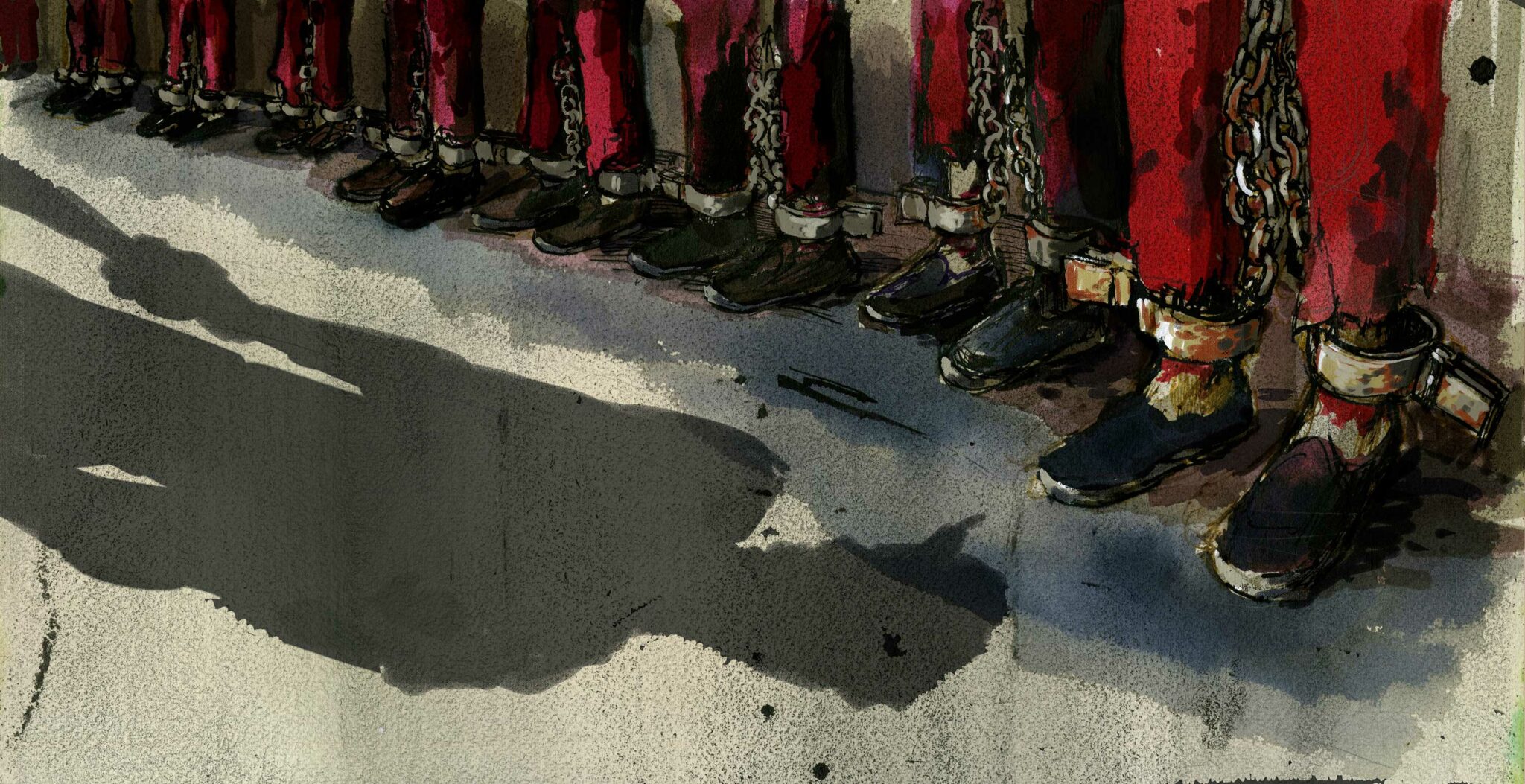Leaked Chinese government documents
Since November 2019, journalists, scholars, and human rights groups published half a dozen caches of leaked Chinese government documents related to the situation in Xinjiang. Together, they form the most comprehensive source of documentary evidence about the government’s actions and intentions with respect to the system of persecution and mass internment in Xinjiang.
In November 2019, The New York Times reported that it had obtained more than 400 pages of internal Chinese government documents. According to the Times, the documents, known as the “Xinjiang Papers”, “confirm the coercive nature of the crackdown in the words and orders of the very officials who conceived and orchestrated it.” The documents included information about senior government officials ordering mass detentions, including speeches by President Xi Jinping in which he calls for an all-out “struggle against terrorism, infiltration, and separatism” using the “organs of dictatorship” and showing “absolutely no mercy”. The documents also reveal that government officials who were insufficiently supportive of the campaign were purged, and that the internment camp system expanded greatly after the appointment of Xinjiang Party Secretary Chen Quanguo, who has been quoted as saying “round up everyone who should be rounded up.” [[[The Xinjiang Papers: Austin Ramzy and Chris Buckley, “’Absolutely No Mercy’: Leaked Files Expose How China Organized Mass Detentions of Muslims: More than 400 pages of internal Chinese documents expose an unprecedented inside look at the crackdown on ethnic minorities in the Xinjiang region.”, New York Times, 16 November 2019 →; For the government of China’s response to the New York Times’s reporting See Steven Lee Myers, New York Times, “China Defends Crackdown on Muslims and Criticizes Times Article,” 18 November 2019 →]]]
Also in November 2019, the International Consortium of Investigative Journalists released another cache of government documents. Known as the “China Cables”, these documents included what has been described as a “operations manual” for running the internment camps in Xinjiang. [[[“The China Cables”: Bethany Allen-Ebrahimian, International Consortium of Investigative Journalists, “Exposed: China’s Operating Manuals for Mass Internment and Arrest by Algorithm.: A new leak of highly classified Chinese government documents reveals the operations manual for running the mass detention camps in Xinjiang and exposed the mechanism of the region’s system of mass surveillance.” 24 November 2019 →; ”The Telegram”: available at: →]]] This manual – known as the “Telegram” – includes instructions for camp officials about “how to maintain total secrecy about the camps’ existence”, “methods of forced indoctrination”, and the points system used to evaluate detainees. The cache also includes four intelligence briefings – known as “bulletins” – that reveal information about the government’s mass data gathering and surveillance programme, including the IJOP, and how information the IJOP gathered was used to “select entire categories of Xinjiang residents for detention.” [[[”The Telegram”: Autonomous Region Party Political and Legal Affairs Commission, “Autonomous Region State Organ Telegram: Opinions on further strengthening and standardizing vocations skills education and training centers work,” 2017, available at: →]]]
Two other leaked government documents contain government records on several thousand people in total who were arrested and sent to internment camps in Xinjiang between 2017 and 2019. The documents – referred to as the “Karakax list” and the “Aksu list”, after the locations in Xinjiang where the people named in the documents lived – contain, among other things, the official reasons given for why the individuals were detained and interned. [[[Ariane Zenz, Journal of Political Risk, “The Karakax List: Dissecting the Anatomy of Beijing’s Internment Drive in Xinjiang,” February 2020 →; Human Rights Watch, China: Big Data Program Target’s Xinjiang Muslims – Leaked List of Over 2000 Detainees Demonstrates Automated Repression, 9 December 2020 →]]] (For more on the Karakax list and the Aksu list see Chapter 3.)



